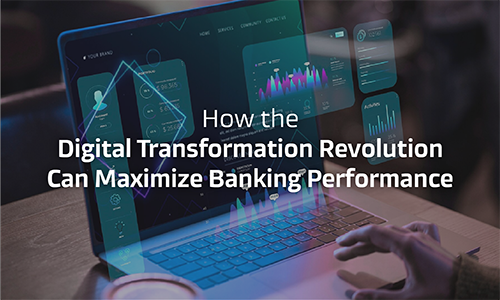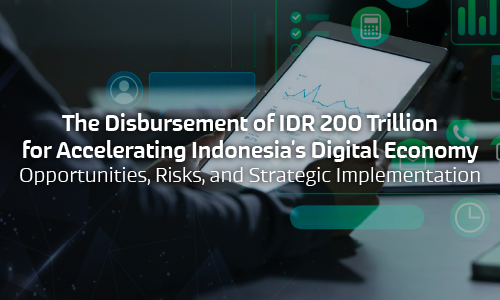
Summary: Digital transformation has become a decisive lever for
performance in banking. Drawing on a survey of 49 Indonesian banks (325 senior
respondents across CEOs, CIOs, Heads of IT, and Heads of Business), this
article examines how digital initiatives reshape competitiveness, innovation,
customer experience, market reach, compliance, IT cost efficiency, and process
automation. A majority of executives (53.85%) strongly agree that
digital transformation enhances competitive advantage. Material gains are also
reported for innovation (50.46%), customer experience (48.92%),
market reach (48.31%), process digitalization (46.46%),
national/regional development (36.31%), IT cost effectiveness (34.15%),
and regulatory compliance (32%). We translate these findings into a
practical KPI framework, analytic methods, and a governance model that connects
digital investments to measurable outcomes, and we close with strategic
recommendations for both banks and regulators. The central argument is that
performance maximization requires a balanced portfolio of initiatives, customer-centric
product design, robust digital infrastructure, disciplined risk and compliance
operations, and continuous innovation, supported by clear metrics and
regulatory alignment.
Introduction
Banks are undergoing one of the most significant operating model shifts in
decades. Consumer behavior has tilted decisively toward digital channels;
mobile-first usage has become the norm for payments, transfers, savings,
lending, and service interactions. The rise of interoperable payment rails,
growing digital literacy, and modern regulatory standards have accelerated this
shift, turning “digital” from an optional channel into the primary theater of
competition.
Within this context, digital transformation is no longer simply about
technology adoption; it is a multi-dimensional change program touching
strategy, operations, risk, compliance, product, and culture. The essential
question for leaders is therefore not whether to transform, but how
to maximize performance from transformation, what to measure, which levers
to pull, and how to sequence change to realize tangible gains in efficiency,
growth, resilience, and trust.
This article answers that question using empirical evidence from a
multi-bank survey and translates the insights into an implementation-ready KPI
system and decision playbook. While the underlying data are Indonesia-specific,
the analytical approach, measurement logic, and strategic choices are broadly
applicable to banks in other emerging and developed markets.
Context and External Drivers
Three external forces magnify the returns to digital transformation:














